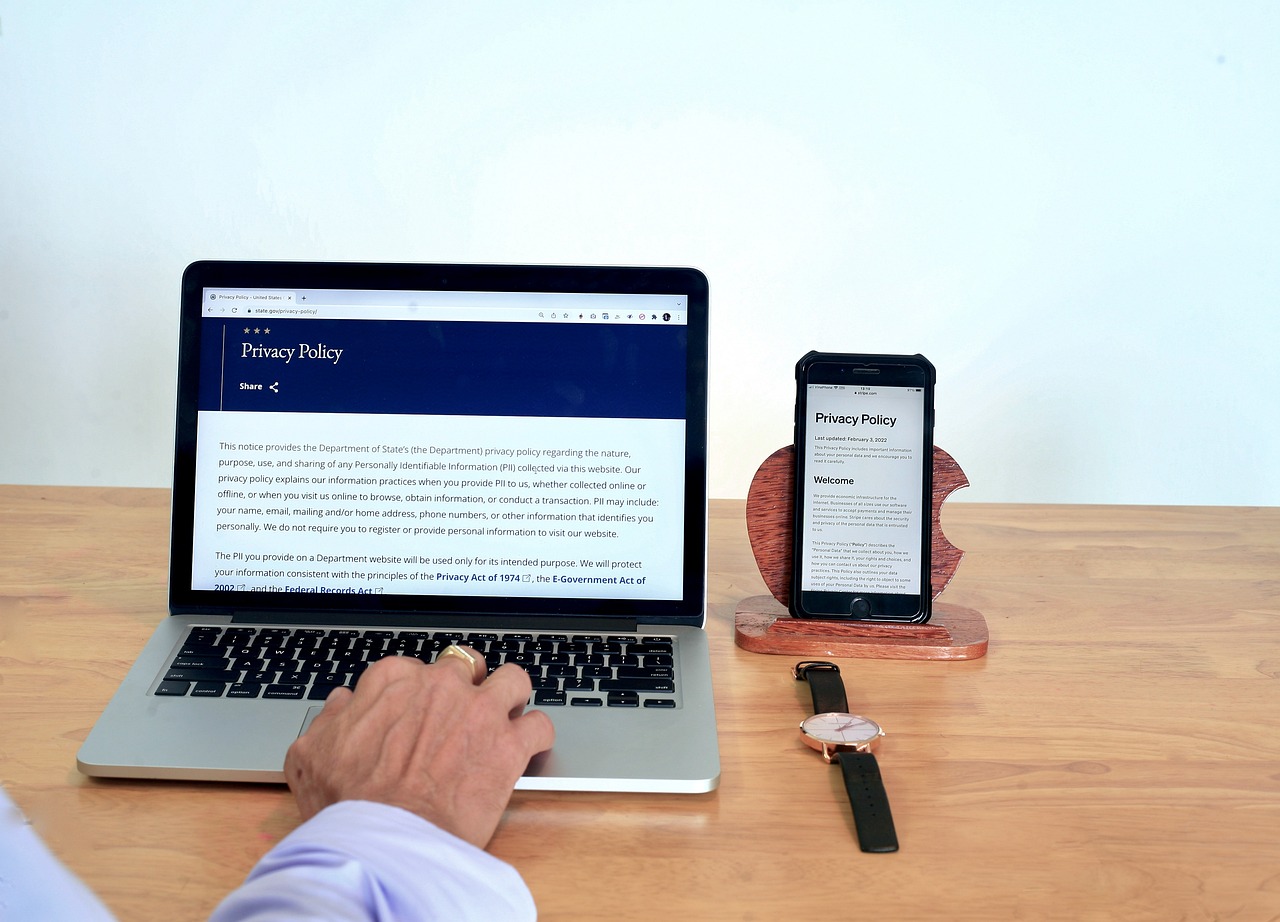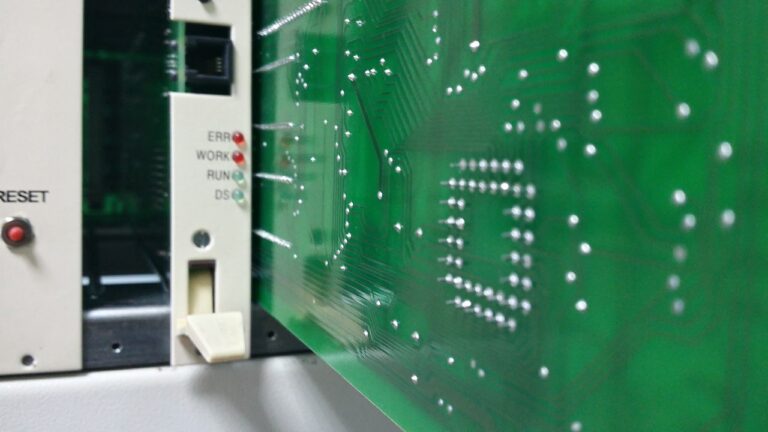The Role of Space-Based Quantum Sensing in Space Tourism Safety: Sky247, Diamondexch9, Tigerexch247
sky247, diamondexch9, tigerexch247: Are you planning your first space tourism trip? Excited about experiencing the wonders of outer space? Before you embark on this thrilling adventure, it’s essential to consider the role of space-based quantum sensing in ensuring your safety during your space travel journey.
What is Space-Based Quantum Sensing?
Space-based quantum sensing involves using advanced technologies to detect and measure subtle changes in the environment within the space environment. Quantum sensors leverage the principles of quantum mechanics to achieve unprecedented levels of precision and sensitivity in measuring various physical parameters. These sensors can detect changes in gravitational fields, magnetic fields, temperature, radiation levels, and other factors that could potentially impact space travelers’ safety.
The Role of Space-Based Quantum Sensing in Space Tourism Safety
1. Ensuring Navigation Accuracy
One of the key challenges of space tourism is navigating through the vast expanse of outer space safely. Space-based quantum sensing technology plays a crucial role in ensuring the accuracy of navigation systems onboard spacecraft. By continuously monitoring gravitational fields and other environmental factors, quantum sensors can provide real-time data that helps spacecraft maintain their intended trajectories and avoid potential hazards.
2. Monitoring Radiation Levels
Space travelers are exposed to higher levels of radiation in the space environment compared to Earth. Excessive radiation exposure can pose serious health risks to astronauts and space tourists. Quantum sensors can accurately measure radiation levels in space and provide early warnings if radiation levels exceed safe limits. This information is vital for ensuring the health and safety of space travelers throughout their journey.
3. Detecting Micrometeoroid Impacts
Micrometeoroids are tiny particles that travel at high speeds in space and can pose a threat to spacecraft and space travelers. Space-based quantum sensors can detect micrometeoroid impacts by measuring changes in pressure, temperature, and other environmental factors. By providing early warning of potential impacts, quantum sensors help spacecraft operators take evasive actions to protect the integrity of the spacecraft and ensure the safety of the crew onboard.
4. Monitoring Space Debris
Space debris, such as defunct satellites and fragments from past space missions, poses a significant hazard to spacecraft in orbit. Quantum sensors can track the movements of space debris and predict potential collisions with spacecraft. By providing real-time data on the location and trajectory of space debris, quantum sensors enable spacecraft operators to maneuver their vehicles safely and avoid dangerous collisions.
5. Enhancing Emergency Response Capabilities
In the event of an emergency, such as a spacecraft malfunction or a medical emergency onboard, quick and effective response is critical to ensure the safety of space travelers. Space-based quantum sensing technology can play a crucial role in enhancing emergency response capabilities by providing real-time data on the status of the spacecraft and the health of the crew. This information enables mission control centers to make informed decisions and coordinate rescue operations more effectively.
6. Improving Space Weather Forecasting
Space weather, such as solar flares and geomagnetic storms, can impact the safety of spacecraft and space travelers. Quantum sensors can monitor space weather conditions and provide advanced warning of potential hazards. By accurately predicting space weather events, quantum sensors help spacecraft operators plan their missions accordingly and safeguard the wellbeing of space tourists.
FAQs
Q: How does space-based quantum sensing differ from traditional sensing technologies?
A: Space-based quantum sensing leverages the principles of quantum mechanics to achieve unprecedented levels of precision and sensitivity in measuring environmental factors in outer space. Traditional sensing technologies, such as accelerometers and magnetometers, rely on classical physics principles and are not as sensitive or accurate as quantum sensors.
Q: Is space-based quantum sensing technology currently being used in space tourism missions?
A: While space-based quantum sensing technology is still in the early stages of development, several research projects and experiments are exploring its potential applications in space tourism. As the technology continues to advance, it is expected to play an increasingly important role in ensuring the safety and success of space tourism missions.
Q: How can space tourists benefit from the advancements in space-based quantum sensing technology?
A: Space tourists can benefit from the advancements in space-based quantum sensing technology by having access to more accurate navigation systems, better radiation monitoring capabilities, enhanced emergency response capabilities, and improved space weather forecasting. These advancements contribute to a safer and more enjoyable space tourism experience for travelers.
Q: Are there any challenges or limitations to using space-based quantum sensing technology in space tourism?
A: While space-based quantum sensing technology offers significant advantages in terms of precision and sensitivity, there are still challenges to overcome, such as the development of robust and reliable quantum sensors that can withstand the harsh conditions of outer space. Additionally, the integration of quantum sensors into existing spacecraft systems and infrastructure may require significant investment and technological expertise.
In conclusion, space-based quantum sensing technology plays a critical role in ensuring the safety and success of space tourism missions. By monitoring environmental factors, detecting potential hazards, and enhancing emergency response capabilities, quantum sensors contribute to a safer and more enjoyable space travel experience for astronauts and space tourists alike. As advancements in quantum sensing technology continue to progress, the future of space tourism looks brighter than ever.







